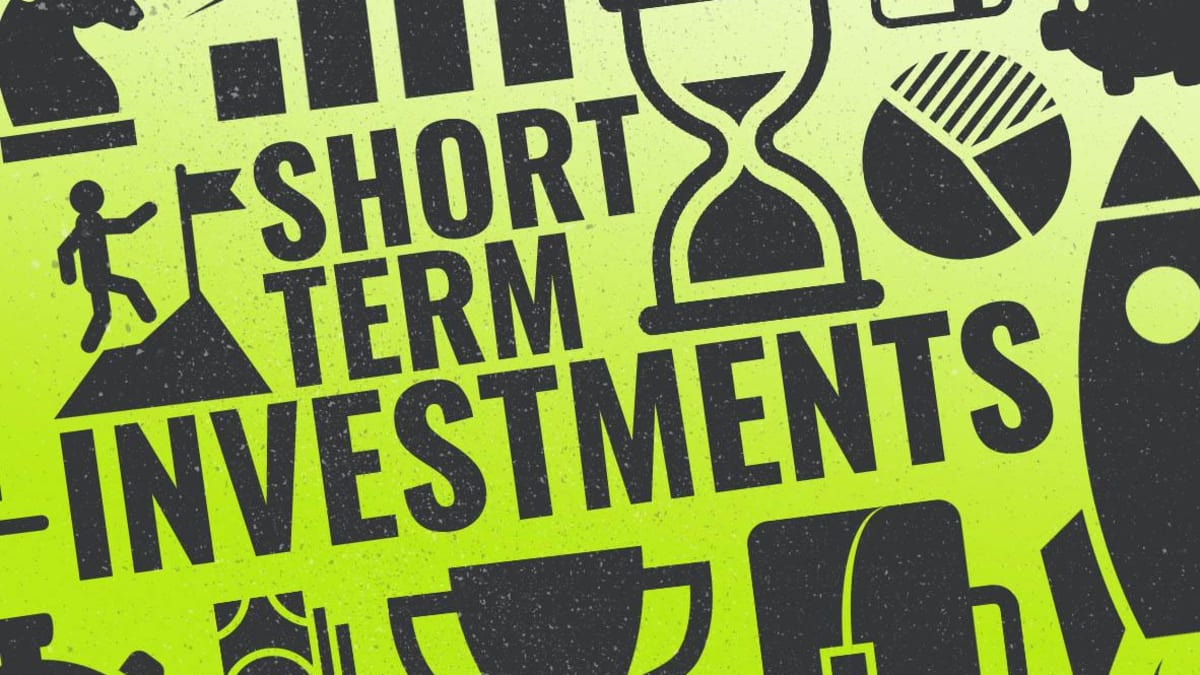Somebody once said the best investment you can make is investing in yourself. What you do and the decisions you make are the only thing you can control.
If you want a better future life, buy a house, learn a language or two, and take the necessary measures to be healthy.
Buying a Property
One of the most important investments a person can make is in a property. There are several reasons for this. First, a home provides the buyer with both a sense of stability and direction in his life. Second, it is a long-term asset that can be turned into cash in case of an emergency. Third, you might be able to get some tax benefits and other incentives based on the type of house you have and the place in which it is located.
Many Millennials and other members of younger generations believe they have all the time in the world to think about getting a house or apartment. It is the beauty of youth, the belief that we have a lot of time.
But life goes by very quickly, and things change without a moment’s notice. It is especially true in today’s society, a society plagued by pandemics, social and political instability, and overpopulation.
Another excuse often heard among many is the lack of money. They don’t have the financial stability to fend for themselves, let alone buy an expensive property.
In cases like these, there are two options. One of them is to wait until you have enough. The second and probably a much better one is to consult a mortgage broker. A creditable one will give you ample advice on both the processes and legalities involved in getting the house of your dreams.
Soft Skills and Languages
Developments in technology continue to bring a wide variety of benefits to human beings. Distances have become shorter, and people now have access to much more information than they did in years past. Because of this, the number of people of different nationalities and cultures working together has increased.
This increase doesn’t come without a few challenges. Among them the need for intercultural education and better communication skills. Sure, English is the universal language, and more than 1.5 billion people speak it, albeit not as a native tongue.
Still, other languages like Chinese, Arabic, Spanish, Russian, and Japanese are also important in business and education. If you want a greater chance of success with a customer in Beijing or Santiago, it won’t hurt to know a few words in Mandarin or Spanish.
The same goes for soft skills like communication, leadership, teamwork, and problem-solving. They are transferable skills that can be used regardless of the country where you are or the industry you work in. If you find yourself without a job, they might also be the difference between jumping right back into the labor market and having to struggle for long periods without money.
Health and Wellbeing
Most countries in the world have access to universal healthcare. Examples are Germany, France, Japan, Canada, and South Africa. The United States is one of the very few developed nations that does not.
For those unfamiliar with the term, universal healthcare is the notion that the government has some social healthcare system to benefit all its citizens. To put it bluntly, if you get sick in America and don’t have enough money for treatment or access to private health insurance, you will die.
Of course, being healthy is not something we can guarantee. Even if you have never smoked or been close to someone who does, you can still develop lung cancer. You might be riding your bike on the side of the street, and out of nowhere, a reckless driver might hit you, causing a bone to break or another injury to occur. Many diseases like down syndrome, cystic fibrosis, albinism, and hyperplasia are hereditary. They come from your genes and your parents. No matter what you do, you might still get them.
However, it is both rash and unnecessary to tempt fate, especially when you can make simple changes in your life. The average cost of an ambulance in the state of California is over two thousand dollars per mile. How many of these rides can you afford?
When people think about investments, they often picture line graphs on a screen, financial analysts on TV, and stockbrokers on Wall Street. They think of terms like gain, loss, stock exchange, growth, and depreciation.
But this is not what investing is only about. It’s also about putting in the work now so you can enjoy it later.
Three examples are buying a property, learning soft skills and languages, and taking care of your health. If you do this, the benefits you reap will be greater than any mutual fund or technology company stock you get.













Comments